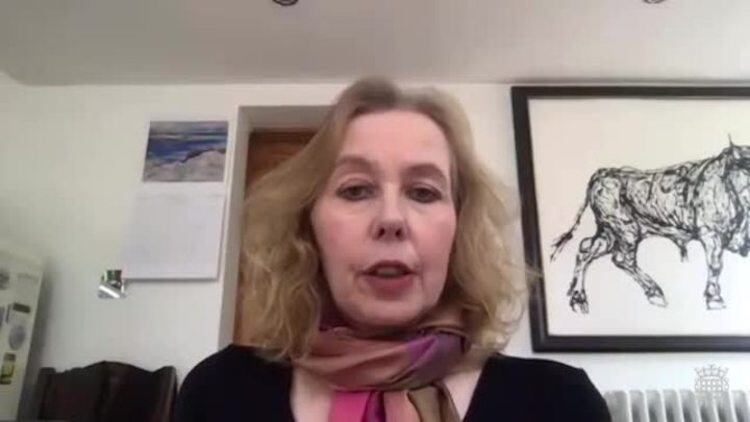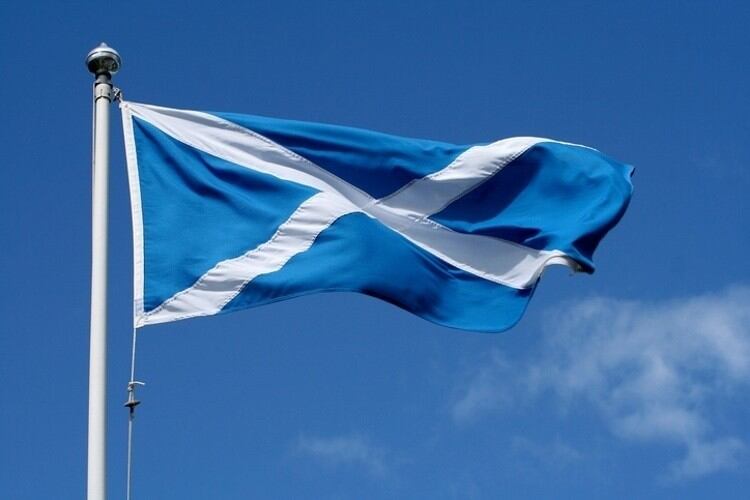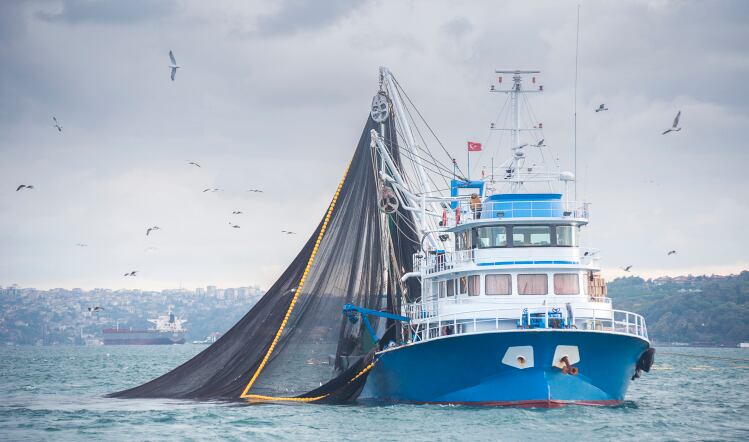Speaking during a session of the Environment, Food & Rural Affairs committee, Elspeth Macdonald, chief executive of the Scottish Fishermen’s Federation, said the virus pandemic had hit the fishing industry “quickly”.
“The shellfish fleet was hit most immediately and was hit hardest and is the part of the sector that is continuing to feel the most significant impact,” she said.
“Through the period from after Easter to early May, the markets were very volatile. We had to work very collaboratively across the supply chain in Scotland with producer organisations, Government and processors to really try to make sure we could manage the fleet, so that we were landing fish that there was demand for and we were not oversupplying the market.”
Impacted
Barrie Deas, chief executive of the National Federation of Fishermen’s Organisations, agreed that the industry had been severely impacted. While there had been support, he said that “broad brush” government measures had left many small fishing businesses struggling.
He added that the closure of the hospitality and restaurant sector was going to have a large impact and, with little resilience in parts of the fleet, he was “nervous for the future”.
Macdonald agreed: “What we need is demand to be stimulated by the reopening of, particularly, the hospitality sector as so much of the shellfish product goes through that supply chain.”
She added that retailers needed to be encouraged to reopen their fish counters, many of which had been closed during the pandemic.
Jerry Percy, director, New Under Ten Fishermen’s Association, said the impact had been “devastating”.
He said: “Markets collapsed. Foodservice went out of the window overnight and the vast majority of the multiples closed down their fresh fish counters and this fed back into the markets collapsing.”
Independent coastal state
Despite the impact of coronavirus on the sector, there remained a conviction that the UK needed to become an independent coastal state following Brexit, with annual negotiations with EU members for access after leaving the EU at the end of the year. There was also little support for extending the transition period.
Macdonald said: “The UK can fully exercise its powers as an independent coastal state after exiting the Common Fisheries Policy at the end of this year and, in doing so, we regain full sovereign control of our exclusive economic zone. That is the absolute key lever we have going forwards in terms of negotiating a fairer share for our industry.”
Deas said the UK should not be giving up sovereignty of its waters and that the industry would have to adjust to World Trade Organization rules if a deal could not be struck.
Jimmy Buchan, chief executive officer at the Scottish Seafood Association, said the “number one” priority was to get a deal with the EU, as it was in the best interests of both parties.
However, he said that, in the event of a no deal, the market would not disappear.
Meanwhile, Percy added that a no deal would present major logistical challenges, with transport issues for exported fish and customs certification.




